In honor of Black History Month, we’re excited to wrap up February in celebration of our staff, as well as their dynamic contributions to the world of marine conservation!
Renowned for conducting ocean research and restoration with the big picture in mind, the Perry Institute is committed to revitalizing coral reefs, mangrove forests, vital fisheries and more. Our approach to conservation in The Bahamas and the Caribbean is made most effective because of the incredible leadership and decision-making of our diverse staff working on the frontlines of climate change. That’s why we embrace, and are committed to equity, diversity and inclusion as organizational values year round and are exploring new paths to amplify the important lived-experiences and voices of people of color each and every day.
Read on to discover how our team members are driving waves of change in the field of marine biology.




.jpg)

.jpg)


.jpg)
.jpg)
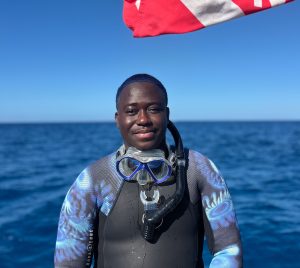
Q&A: Understanding the IDC Course at PIMS with Duran Mitchell
A former aquarist turned coral conservationist, Duran is passionate about understanding how all marine life connects. PIMS & IDC: Empowering New Dive Instructors for Marine Conservation PIMS & IDC: Empowering
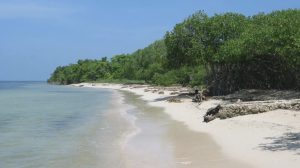
Forbes Shines a Spotlight on Coral Reef Restoration in the Caribbean
When Forbes highlights coral reef restoration, it signals something powerful: the world is paying attention to the urgent fight to protect reefs. And solutions are within reach. Recently, Forbes featured Dr. Valeria
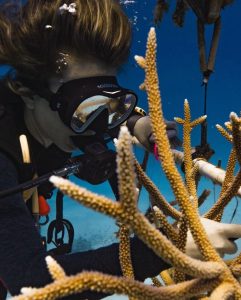
New Reef Rescue Diver Course: Volunteer in Coral Reef Restoration Abroad
Coral reefs are often called the rainforests of the sea—complex ecosystems that shelter a quarter of all marine life, feed millions of people, protect coastlines from storms, and attract travelers
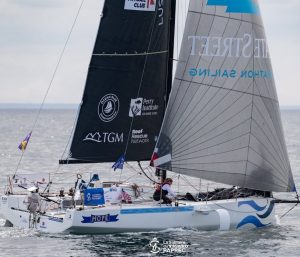
PIMS & RRN Partner with Erica Lush in La Solitaire du Figaro
Racing for Resilience: PIMS & RRN Partner with Erica Lush in La Solitaire du Figaro From coral nurseries to Europe’s hardest solo offshore race; why our science belongs at sea.
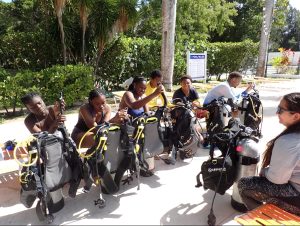
Building Ocean Leaders in South Eleuthera
Bahamas Coral Innovation Hub • Education & Training Diving into Conservation: Building Ocean Leaders in South Eleuthera By Silia Woodside1,2, Natalia Hurtado, MSc.1,2,3, & Elizabeth Mao11 Cape Eleuthera Island School
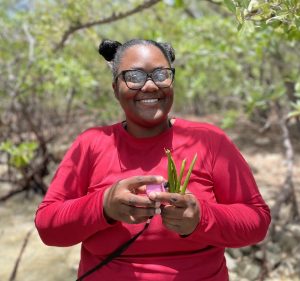
Farewell to Our 2025 PIMS Interns | Rising Tides & Marine Conservation
Reflections on a Summer of Marine Science, Coral Restoration, and Ocean Education As summer comes to a close, our incredible interns share their experiences with the Perry Institute for Marine



